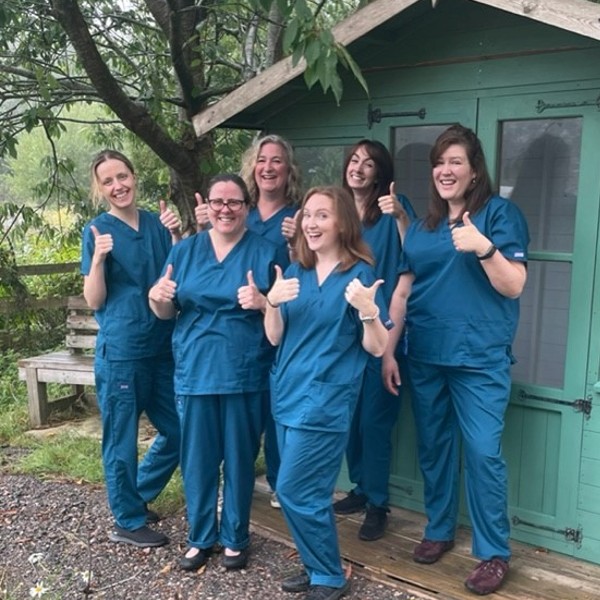We use cookies to help provide you with the best possible online experience.
By using this site, you agree that we may store and access cookies on your device. Cookie policy.
Cookie settings.
Functional Cookies
Functional Cookies are enabled by default at all times so that we can save your preferences for cookie settings and ensure site works and delivers best experience.
3rd Party Cookies
This website uses Google Analytics to collect anonymous information such as the number of visitors to the site, and the most popular pages.
Keeping this cookie enabled helps us to improve our website.
Clinical Pharmacist & Pharmacy Technicians
Clinical Pharmacists are increasingly working as part of general practice terms. They are highly qualified experts who train for many years to become specialists in medicines, how they work and can help people in a range of ways. They can work directly with you, as part of the general practice team, to make sure your medicines help you get better and stay well.
Having a clinical pharmacist at our practice means that you can be treated by the best professionals for your needs. The role is pivotal to improving the quality of care, ensuring patient safety, outcomes and value through a person-centred approach.
Having clinical pharmacists in GP practices means that GPs can focus their skill where they are most needed, for example on diagnosing and treating patients with more complex conditions.
Clinical Pharmacists
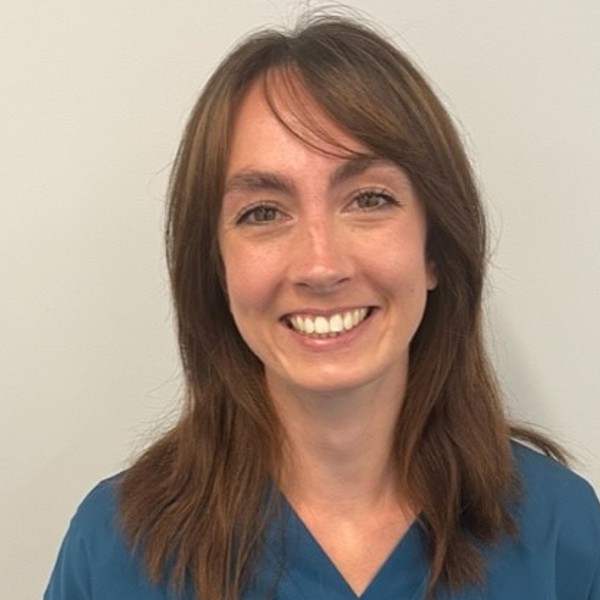
Jasmin Kilby
Principal Clinical Pharmacist
- Joined PCN in June 2022 from Somerset CCG
- Experience in community pharmacy

Cheryl Lee
PCN Pharmacist
- Joined the PCN March 2025 from Community Pharmacy
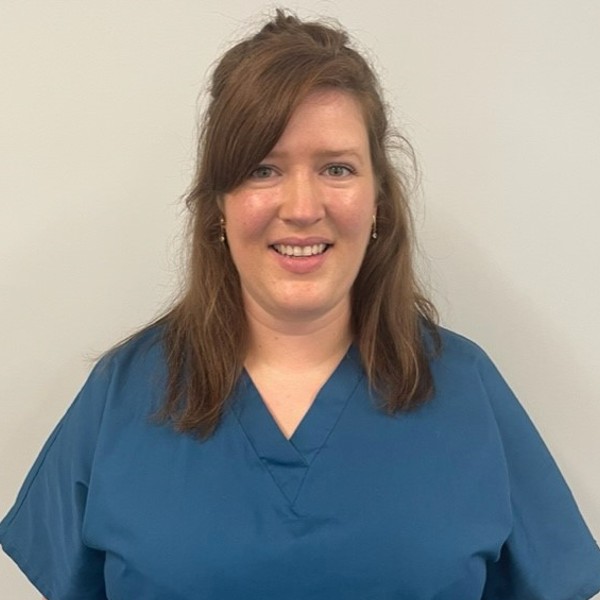
Sarah Sanderson
PCN Senior Pharmacist – Frailty (ICPCS)
- Joined the PCN January 2021 from NHS Dorset CCG.
- Experience in Secondary Care (Residency at UH Oxford and Specialist roles; NBH Haematology) and Commissioning. MSc in Clinical Pharmacy
- Special interest in medication administration and gastroenterology

Michelle Tan
Pharmacist
Pharmacy Technicians
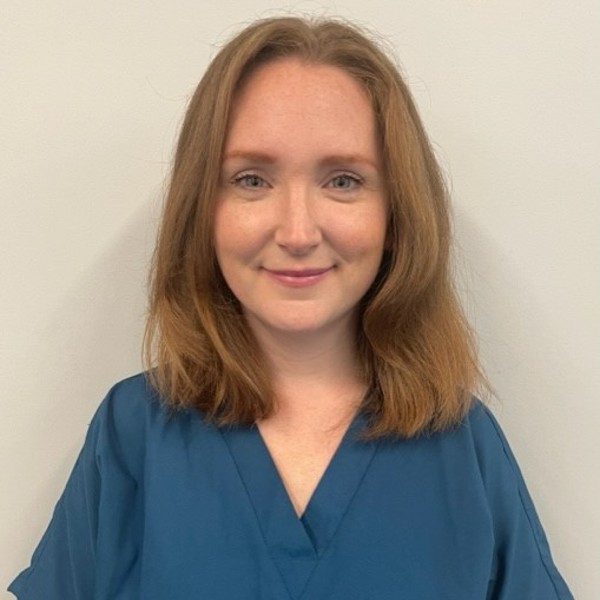
Miriam Gray
PCN Senior Pharmacy Technician
- Joined the PCN August 2021 from University Hospital Southampton.
- Experience in Secondary Care with (Cardiology & Elderly Care) with Level 3 NVQ in Pharmacy Service Skills, Level 4 City & Guilds Accredited Checking & SWMIT Medicines Optimisation qualifications
- MDrama (Masters of Drama) from University of Kent
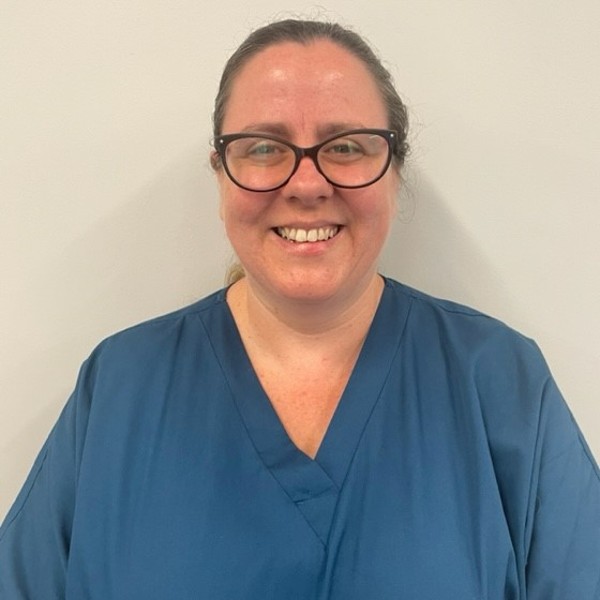
Helen Kennedy
Senior Pharmacy Technician
- Joined the PCN in August 2022 from Dorset CCG
- Experience in primary care, secondary care, mental health and commissioning
- Certificate in medicines optimisation in primary care
- Special interest in medicines optimisation data and population health management

Tom Lane
PCN Pharmacy Technician
- Joined the PCN March 2025 from Community Pharmacy
What can Clinical Pharmacists help with?
You will see a clinical pharmacist when you need expert advice on your medicines. They can answer questions about medication and support patients over the course of their treatment.
- Prescribing certain medications
- Structured mediciation reviews
- Reviewing your medication if you have been taking medication over a long time
- Discuss changes in medication, either after a stay in hospital or seeing a consultant
- Queries about medications
- Experiencing side effects from medications
- Managing a patient's condition holistically
- Ensuring patients get the most out of their medication
- Ensuring there is joined-up care for patients.
How can patients access advice and support from a Clinical Pharmacist?
Patients will be invited to have a structured medication review if a GP, or other healthcare professional, identifies that a patient might be struggling to manage their medications. Examples of this may include a patient suffering with adverse effects, or there have been changes in their condition that require the medications to be adjusted, or a patient may have specific needs to support them to take their medication safely e.g. swallowing difficulties.
The PCN Pharmacy Team will also proactively invite certain patient groups to a structured medication review as they may be on complex medications that require monitoring or have long term conditions that would benefit from regular review. Just as when you need to see a GP or practice nurse, you will see a clinical pharmacist in a private consultation room or a telephone consultation. Seeing the PCN Clinical Pharmacist does not replace an appointment with a doctor. You will still be able to see a GP if you need to.
What happens if my medication is out of stock?
It is best to speak to your dispensing community pharmacist about your options when your medication is out of stock. There may be other brands, formulations or strengths still available and they will be able to liaise with your GP to organise an appropriate swap.
Our community pharmacy colleagues are also highly trained registered pharmacists who can help you with routine questions about side effects, supply issues, drug interactions, over-the-counter medications, minor ailments and more.
Pharmacy Technicians in General Practice
Pharmacy technicians play an important role, complementing clinical pharmacists, community pharmacists and other health care colleagues. The purpose of the role is to lead improvements to maximise safe, cost effective best practice in prescribing to improve the quality of patient care.
What can Pharmacy Technicians do?
- Complete medicines reconciliations post hospital discharge investigating queries with hospital departments and community pharmacies. Action medication changes on patient's repeat lists (for prescriber sign off) and carry out deprescribing and medication switches where appropriate.
- Carry out audits and manage high risk drug monitoring, requesting bloods and reviewing doses
- Consultations with patients regarding confusion or concerns about their medication and provide support including medication reminder charts and liaising with their community pharmacy
- Identify patients eligible for SMRs, review their record to address any overdue bloods or monitoring, compliance concerns or potential issues for discussion. They then book the appointments and send out invites
- Support our care homes by completing medication changes as well as highlighting patient's in need of medication reviews. Support care home staff with education surrounding medication safety and optimisation, policy review and stock control.
- Respond to general tasks regarding supply issues, formulary questions, brand requests and compliance concerns
- Set up and synchronise batch prescriptions / eRD
- Complete the Primary Care Pharmacy Education Pathway (PCPEP) through CPPE
- Work across all sites of PCN
